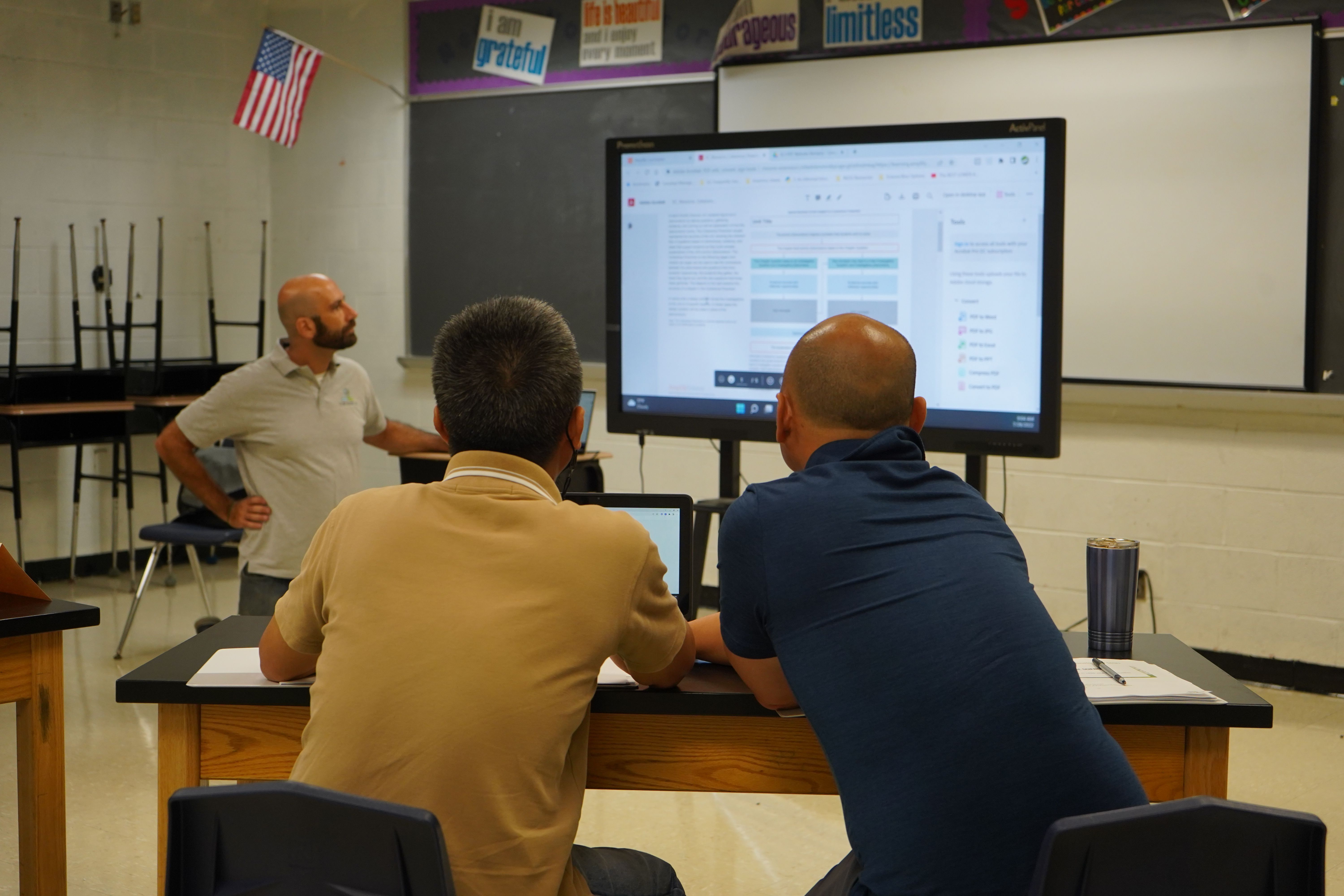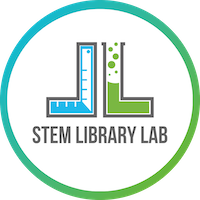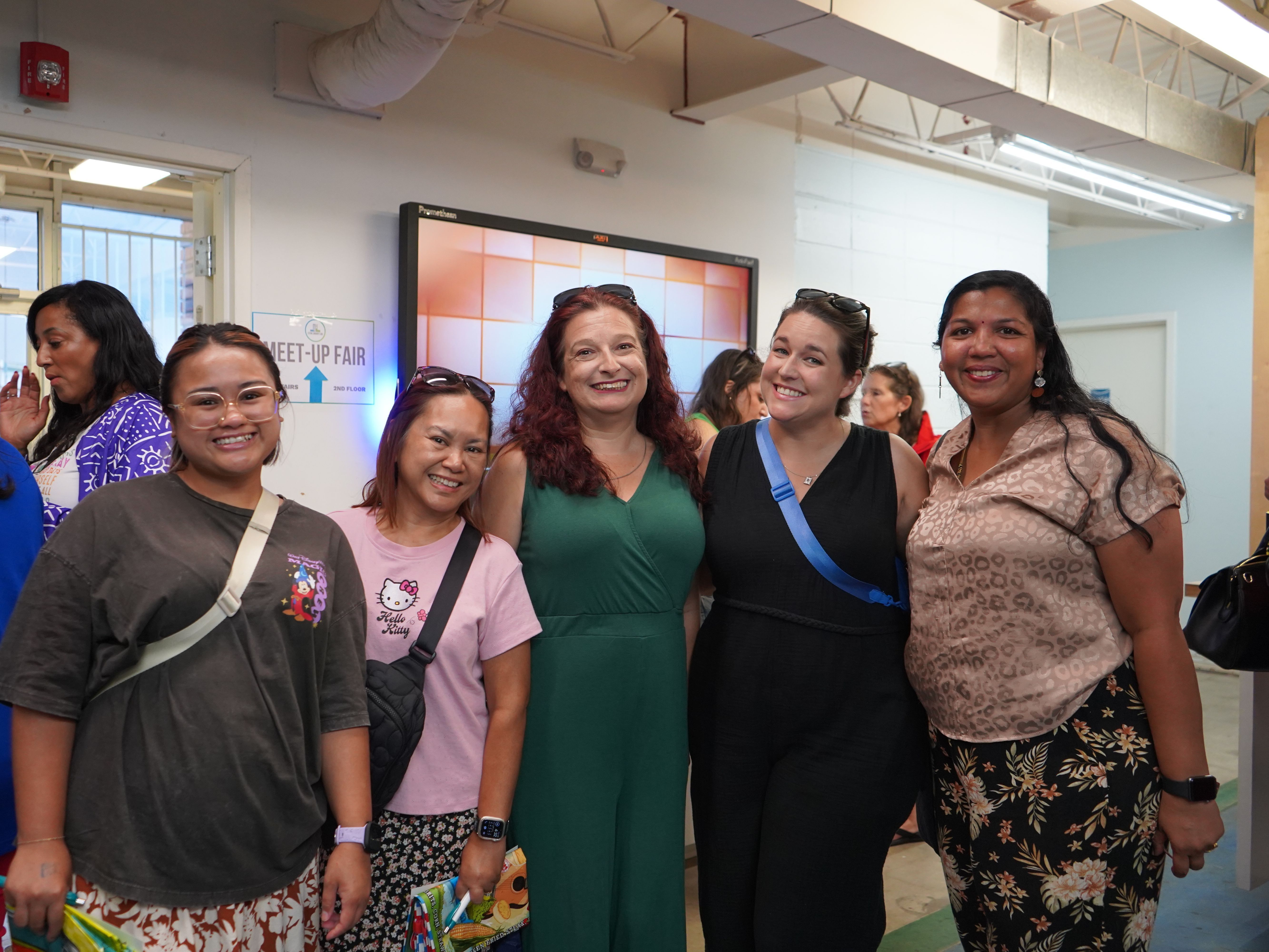
-
Our Mission
STEM Library Lab fosters high-quality active learning by providing teachers with access to equipment, programs, experiences and STEM instructional support to drive student success.
-
Our Vision
Students in every classroom have exposure to quality educational experiences that prepare them for a 21st Century future.
-
Our History
STEM Library Lab was founded in 2016 by Todd Wackerman and Sarah Cosse. Read about our story below as told by co-founder, Todd Wackerman:
"I spent 6 years teaching high school physics and algebra in New Orleans and Brooklyn, and during that time, access to equipment was among my greatest challenges. My second year, I prepared an acceleration lab for physics using a series of rain gutters, stopwatches, and baseballs. While students were engaged, our results were unusable due to the imprecision of the tools. The correct tool was an electronic motion sensor and dynamics kit, but a class set costs over $3,000. The company was kind enough to sell me a single old floor model at discount, and my students were able to experience at least a demo of the concept. This experience in particular set me on the path to imagine and eventually create STEM Library Lab, as a way to provide this resource for teachers and students and to bring active learning opportunities to life in our public school classrooms.
When I left the classroom in June 2016, I reconnected with an old friend, Sarah Cosse, who had been working in nonprofit management for the past few years and was eager to take on a new challenge. Together, we co-founded STEM Library Lab, and aside from disagreements on the correct number of spaces at the end of a sentence, the rest was history. Well, history still in the making, hopefully with your help along the way!"
Our Commitment to Racial and Educational Equity
STEM Library Lab was founded with a mission of improving STEM education in K-12 public schools, this meant serving a primarily black audience. From the outset, we have been cognizant of the inherent disconnect, and so have actively adopted strategies and sought counsel from others to ensure that racial equity is embedded in our operations, rather than simply our impact mission.
In our hiring practices, we ensure that positions are accessible to people of all races through deliberate open recruitment, and to date 50% of our hired positions are people of color, as well as the majority of our contractors and local vendors.
Our five-member board is currently 80% female and 60% BIPOC, and as we grow and roll on new members, we commit to a board that is racially representative of the city-wide demographics, which is 60% black and 35% white. The board has two named leadership positions, one of whom is a person of color.
In addition to the board we have one advisory committee comprised of 8 members, half of whom are black and 6 of whom are female.
With regard to our programming and our impact mission, we have been deliberate in the schools with which we pursue affiliation, specifically that we are focusing on teachers at schools that are under-resourced or which serve low-income student populations. Our data bears this out; the majority of our teacher borrowers work in schools that serve majority free-and-reduced-lunch students, and our teacher demographics are representative of the demographics of teachers city-wide in terms of race, gender, age, and experience.
SLL is posting this information because given the civic discourse around police and citizen brutality and the murder of innocent black people, there are open concerns surrounding organizations with white leadership serving black people, which are valid. If you have chosen to read this, we welcome pushback on our progress, and feedback on how we can do better. There are no race-neutral decisions; racism affects everyone, and we strive to acknowledge this in ourselves in order to combat it. But we also hope that, had we left this information unsaid, if you have worked with STEM Library Lab, you could feel our commitment to racial equity and how we have been intentional in embedding anti-racist tactics into our organization’s structure, as well as our commitment to do more.
Students in every classroom have exposure to quality educational experiences that prepare them for a 21st Century future.

